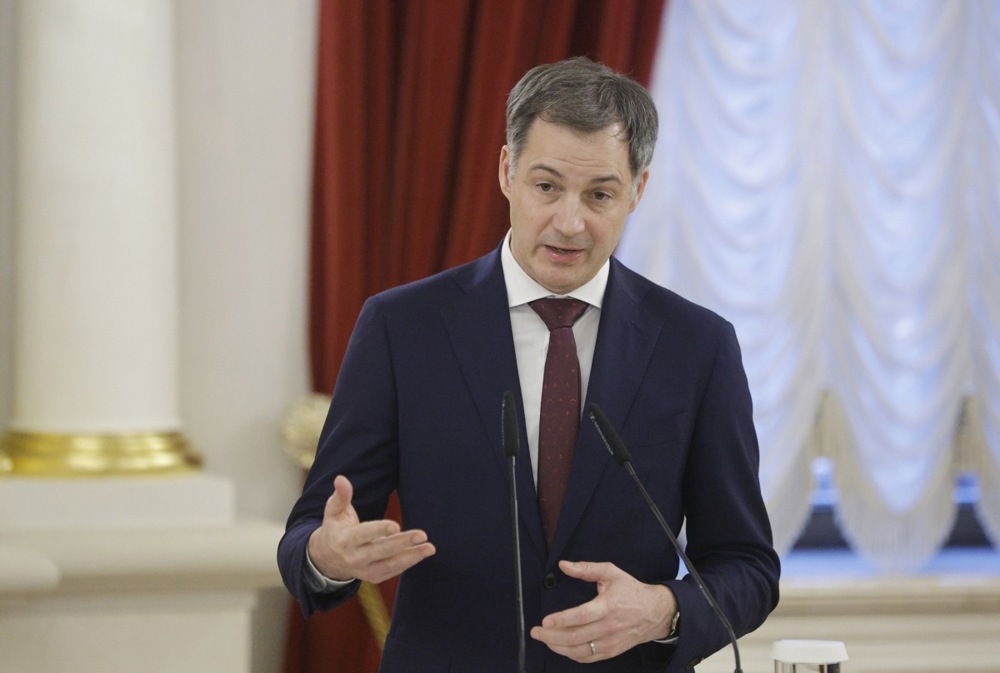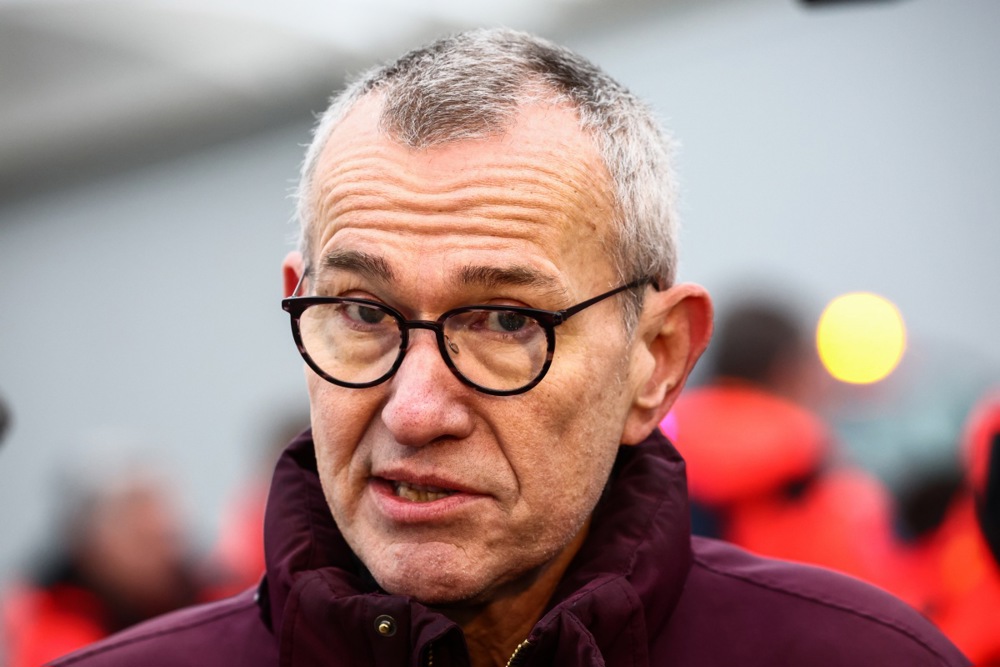Kurds and Turks have been fighting in the streets of Belgium streets in recent days, causing strained relations between both communities to sour further.
Sources told media that, on the evening of March 24 as a group of ethnic Kurds were returning to their homes in the Leuven city municipalities of Heusden-Zolder and Houthalen-Helchteren in East Belgium after Persian New Year celebrations, events descended into violence with hundreds of people fighting in the streets.
It is said that vehicles were damaged and windows smashed with clubs. A police helicopter was called in, as well as officers from outside the area.
Conflict tussen Koerden en Turken in België.
Gezellig conflicten uit andere landen die ze uitvechten in Europa.. pic.twitter.com/PwAloSayKD— Mariana_news✡??? (@Marianasoux) March 24, 2024
The affected Turks claim when the Kurds were approaching their homes, they were waving Kurdish flags and showing pictures of Abdullah Öcalan, a political prisoner in Turkey and founding member of the militant Kurdistan Workers’ Party (PKK). They were also loudly chanting “PKK”, it was claimed.
The PKK is a separatist organisation, in conflict with Turkey. The Turkish authorities, the US and the European Union all officially label it a terrorist organisation.
Outraged Turks and Belgians of Turkish descent saw Sunday’s events as provocation and challenged the Kurds, forcing them to flee.
Reportedly, both Turkish and Kurdish community members then started to riot, calling for support from within their social circles. As a result of the Sunday riots, six people had sustained injuries and the police had made several arrests.
Kurds claim that the problems started with those allegedly affiliated with the Grey Wolves, a nationalistic political group with a paramilitary history often described as “far-right” by opponents.
Kurdish representatives’ organisation NavBel said in a press release that Grey Wolves initiated the riots by attacking “an innocent Kurdish family”.
Turks are accused of making what is a recognised Grey Wolves’ hand gesture, a salutation where a fist is formed with the little finger and index finger raised.
The AK Party of Turkish President Recep Erdogan is alleged to be affiliated with the right-wing nationalist MHP, which is home to the Grey Wolves, its youth organisation.
Erdogan is in an ongoing struggle with the PKK. “Therefore, we think the extremist Turkish attack is a well-planned and co-ordinated attack aimed at intimidating European communities,” NavBel said.
The Kurdish side labelled the Turks involved as “fascists”.
Wij als Koerden vragen de Belgische regering en autoriteiten hoe de fascistische Turken de Koerden zo gemakkelijk kunnen aanvallen? Kan een fascistische Turk loco-burgemeester worden? Fascist Yasin Guli spreekt fascistisch op de Turkse televisie #Kurdistan #Belgien #HeusdenZolder pic.twitter.com/FsMcCdwrxx
— karzan Alı کارزان علی (@KarzanAliOsman) March 25, 2024
On the afternoon of March 25, NavBel aired its outrage at a protest in Brussels on Luxembourg Square. Some 200 people showed up. Luxembourg square was chosen apparently to highlight the alleged lack of action from the European Union regarding Erdogan.
The Kurds did not make an official request to hold the protest but the police allowed it to go ahead anyway. Still, as riots broke out they had to use tear gas and a water cannon to quell the violence.
The discontent also spread to other parts of Belgium.
In the city of Visé, a mob clad in balaclavas and wielding baseball bats reportedly launched a violent assault on a café primarily visited by members of the local Turkish community. They allegedly also threw Molotov cocktails at the café.
Firefighters were unable to intervene, so police stepped in. Three people required hospital treatment.
Hallucinante beelden van vannacht uit Wezet. De confrontatie tussen Koerden en Turken blijft escaleren. Molotovcocktails, stokken, stenen… Alles is goed om dit buitenlands conflict uit te vechten op onze straten. En de andere partijen? Die zwijgen. Tijd voor recht en orde! pic.twitter.com/1VrVRI5nc4
— Vlaams Belang (@vlbelang) March 26, 2024
On the evening of March 25, around 70 Turkish people gathered in Ghent to protest against what they saw as Kurdish provocation.
In another incident, a motorist is said to have made the PKK hand gesture and drove against traffic on a bicycle lane.
A mob chased and cornered him, pulled him out of this car and beat him up. Police quickly stepped in and arrested the man. “He is in custody and will be prosecuted for inciting hatred,” the mayor of Visé said.
To stop the violence from spreading further, there is now enhanced police supervision near schools, mosques and venues deemed at enhanced risk of being targeted.
“Foreign conflicts should not be fought out here,” said the Flemish Minister for Justice and Enforcement, Environment, Energy and Tourism Zuhal Demir, herself of Kurdish origin.
“When it comes to the conflicts in Turkey, displaying effigies of Öcalan and Erdogan on each other’s territory is a provocative act.
“However,” Demir continued, “here in Flanders, there is no such conflict and violence should never be tolerated.
“Let’s all uphold that principle and respect each other.”
Ook vandaag rellen Turken en Koerden weer in Heusden-Zolder. Een auto werd klemgereden en de bestuurder belaagd. Enkel het Vlaams Belang kan recht en orde herstellen én deze geïmporteerde conflicten stoppen! pic.twitter.com/hGx6brO0Tw
— Vlaams Belang (@vlbelang) March 25, 2024
Local politicians said it was important to remain calm and not to fuel rumours or inaccuracies that appear on social media regarding the events.
Tom Van Grieken, chairman of Vlaams Belang, the Flemish nationalist, right-wing populist party, stated on X: “Importing the entire world also means importing all the conflicts of that world.
“We must dismantle multiculturalism and regain control.”





